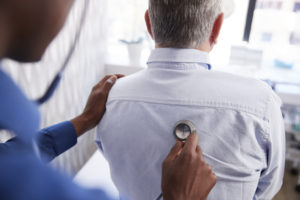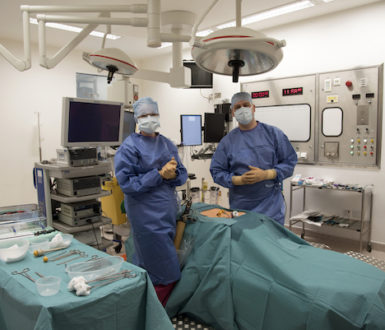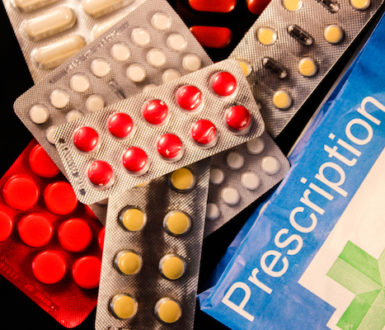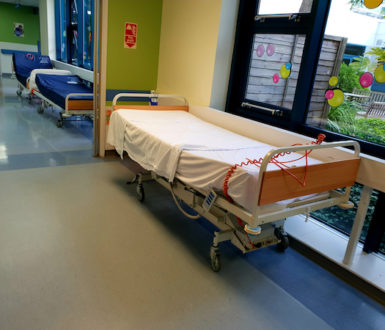Why your GP is so important in the UK healthcare system

Accessing healthcare in Britain starts with local doctors/physicians, called GPs (General Practitioners). The name is relevant because it is useful to remember that GPs are general doctors. They are not specialists in any illness or area of the body. If they think you have something that needs specialist care, they will refer you for tests or treatment at a hospital.
Even if you choose to have private care, you usually need to visit a GP first. The GP will refer you to a specialist. You can choose an NHS (National Health Service) GP or pay for a private GP. Look online for options near you. Registering with an NHS GP will mean you get an NHS number to access further health services.
You can register with an NHS GP even if you are only visiting the UK. Registering with a GP is free. The services are free as well. If you are visiting someone or are in the UK on a short-term visa, you can register as a ‘temporary resident’.
In the past, this system worked fairly well within the NHS because people usually had the same GP for each appointment. That person would get to know their patient and their health over time.
It is rare for this to happen now. Usually you will see a different GP every time you have an appointment. This is usually OK for common health issues. For more serious or long-term problems, it is not so good. GPs working in the NHS are under a lot of pressure because appointments are only 10 minutes long. They might not realise when you have something more serious.
If you think you have a serious health problem, trust your instincts (especially if it is a small child). Keep going back to the GP until they refer you for tests. If it is an emergency, call 999 or go to the nearest hosptial A&E (accident & emergency) department.
Depending on your problem, these options might help:
- Speak to a pharmacist. Pharmacies (sometimes called ‘chemists’) offer advice and treatments for common medical problems like colds and flu, cystitis, earache and skin rashes. Many also offer free health services such as treatment for chronic pain, asthma, and diabetes.
- Go to the NHS website, which can suggest treatments for illnesses and answer questions about medicines.
- Call the NHS 111 telephone number (in Wales call 0845 46 47). There are doctors who can help you over the phone.
- If you have a long-term health problem, there might be a charity with a specialist phone helpline. Some helplines are available 24 hours a day.
- If you have a sexual health or contraception problem, there are special sexual health clinics.
- If you have a problem that could be related to muscles or posture (for example a sports injury), it can be quicker to pay for a private osteopath or physiotherapist appointment, if you can afford it.
- If you have a problem with your eyes, you might be able to get care in a local optician using the NHS Minor Eye Conditions Service. Ask your GP surgery for details. If you get some grit stuck in your eye, you can usually go to an optician for help.
Image: Monkey Business Images/Dreamstime



